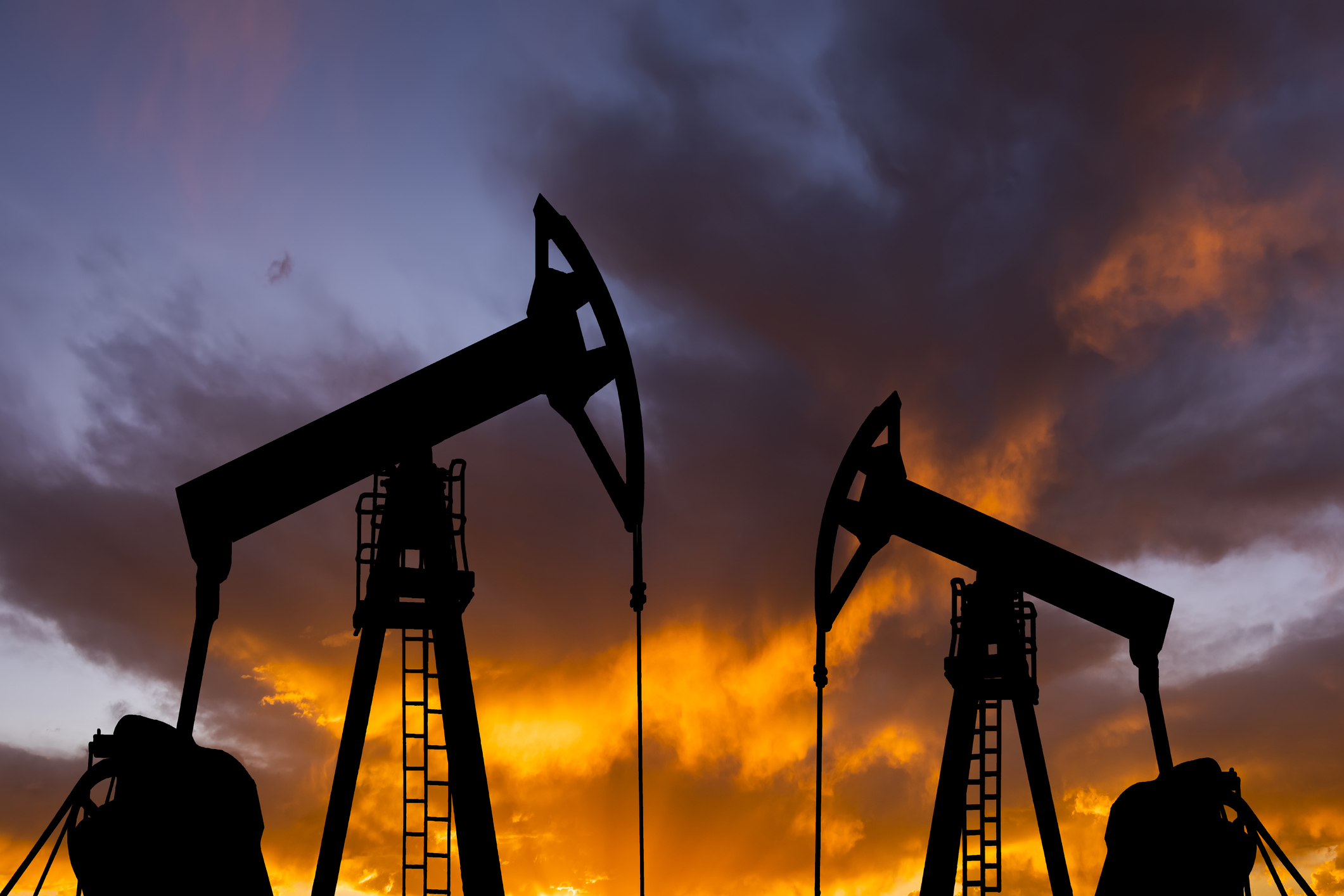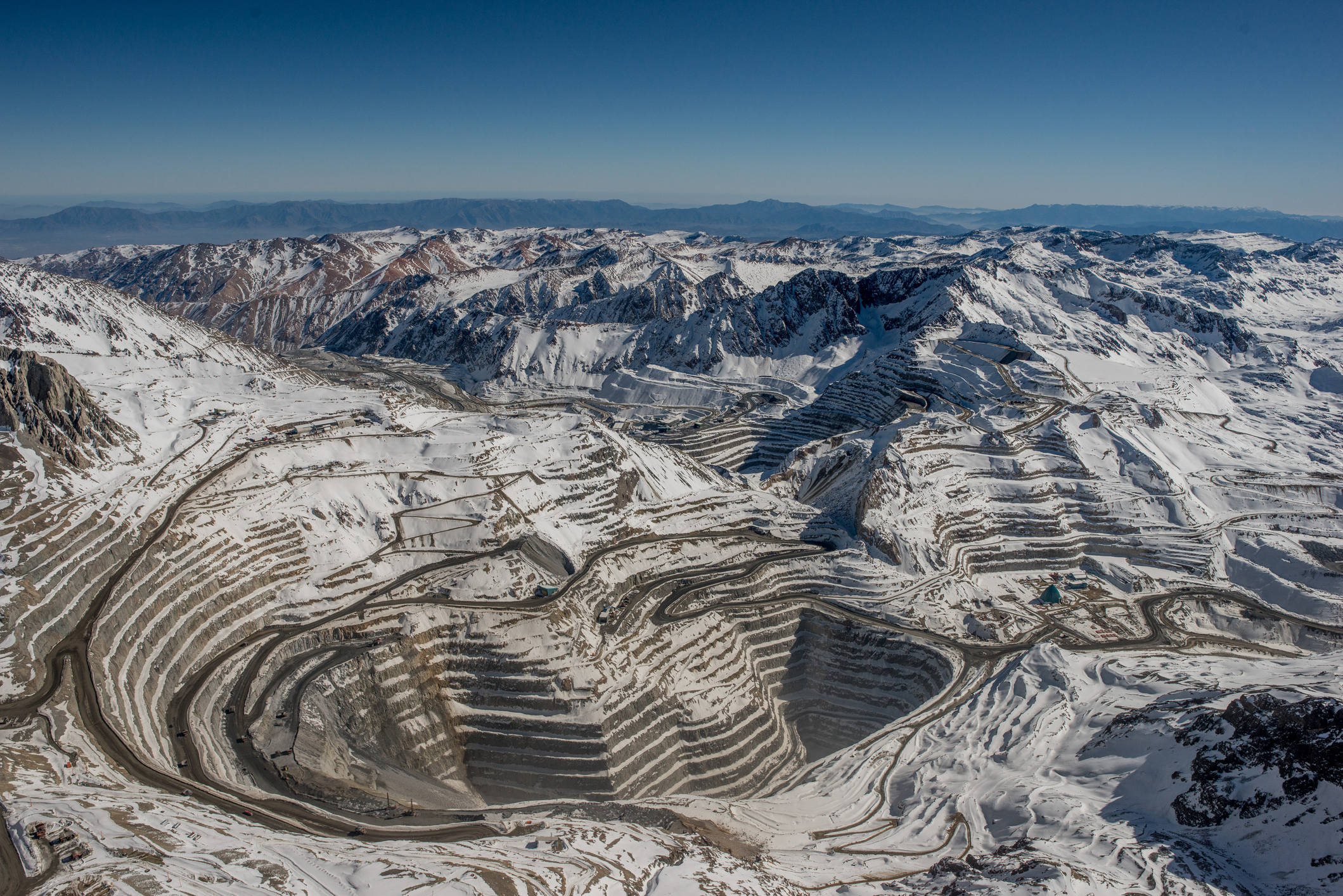Why is the petrol price rising again?
Brits are being hit by a triple-whammy of increasing oil prices, a falling pound, and new fuel mix standards that are pushing up petrol prices


Get the latest financial news, insights and expert analysis from our award-winning MoneyWeek team, to help you understand what really matters when it comes to your finances.
You are now subscribed
Your newsletter sign-up was successful
Want to add more newsletters?
Anyone filling up at the pump lately will have noticed that petrol prices are, once again, on the rise.
According to the RAC, petrol prices in December were the lowest they’ve been in the month since the pandemic. However, as of 23 January, they have since risen by 2p to 138.5p per litre for unleaded petrol. Diesel prices have risen by slightly over the same amount to 145.01p.
That pushes the cost of filling up a 55-litre petrol tank to over £76. An equivalent diesel tank will cost close to £80 to fill.
Try 6 free issues of MoneyWeek today
Get unparalleled financial insight, analysis and expert opinion you can profit from.

Sign up to Money Morning
Don't miss the latest investment and personal finances news, market analysis, plus money-saving tips with our free twice-daily newsletter
Don't miss the latest investment and personal finances news, market analysis, plus money-saving tips with our free twice-daily newsletter
Like most energy prices, fuel inflation is mainly driven by the oil price, though other factors do influence what we pay for petrol. Oil prices are set at the global level and, unfortunately, are priced in dollars, so British drivers can be stung by fluctuations in the exchange rate.
At present, British motorists are being hit by an incendiary blend of upward price pressures on fuel, including increasing oil prices and a weakening currency. On top of that, government legislation has mandated a new fuel standard that has added to what Brits are paying at the pump.
Are oil prices increasing?
Most drivers will remember the oil price shock that took place in 2022. Effectively, when Russia invaded Ukraine, the retaliatory sanctions placed on Russian goods by the US and its allies, including the UK, effectively restricted the oil supply available as Russia is one of the world’s largest oil producers.
This sparked global inflation, as almost all economic activity uses oil for energy at some stage in the process. Price increases were felt most acutely at the pump. The RAC’s Fuel Watch shows unleaded petrol spiked to 191.43p per litre in July 2022.
Thankfully, petrol prices have trended downwards ever since, though there are always bumps and spikes along the way, and January seems to be one of these.
Increasing oil prices are part of the problem. Brent crude has increased 5.7% since the start of the year in dollar terms, and for British motorists that is compounded by the pound falling 1.8% against the dollar in 2025 so far. In other words, pounds now buy fewer dollars, and those dollars buy less oil, so pounds now buy much less oil than they used to.
There is some good news in that both these trends have reversed over the last five days. Donald Trump’s return to the White House has prompted a fall in the dollar, and his “drill baby, drill” mandate could increase global oil supplies. If he is successful in bringing a swift end to the conflict in Ukraine, that could bring global oil prices down even further.
What else is driving petrol prices?
Unfortunately, while it is a major driver, the price of oil isn’t the only factor influencing the price of petrol.
As of 1 January, suppliers of petrol now have to include a greater amount of low-carbon, sustainable fuel.
The Renewable Transport Fuel Obligation (RTFO) is a piece of government legislation that mandates an annual increase in the amount of sustainable fuel included in the fuel mix. This rose from 13.563% in 2024 to 14.054% in 2025.
Sustainable fuel is (currently) more expensive than fossil fuels. According to PetrolPrices, this could add between 0.3 and 0.4 pence per litre to the wholesale cost of fuels.
Where can you find the cheapest fuel?
In general, supermarkets tend to be the cheapest places to fuel up as they have certain pricing advantages over specialist forecourt operators. They buy at large scale, so benefit from discounted wholesale prices, and they are incentivised to offer fuel cheaply in order to attract customers into their stores. They also benefit from customers using loyalty cards (like Nectar or Clubcard) when filling up their tanks.
| Brand | Average | Lowest | Highest | Difference |
|---|---|---|---|---|
| Asda | 135.2p | 128.7p | 140.7p | 12.0p |
| Morrisons | 135.8p | 131.7p | 139.7p | 8.0p |
| Sainsbury's | 135.3p | 128.9p | 140.9p | 12.0p |
| Tesco | 135.0p | 128.9p | 141.9p | 13.0p |
| All brands | 135.2p | 128.7p | 141.9p | 13.2p |
Source: RAC Fuel Watch, 23 January
Among other brands, Asda Express is currently the cheapest (or Essar, if you count Asda Express as a supermarket).
| Brand | Average | Lowest | Highest | Difference |
|---|---|---|---|---|
| Asda Express | 134.8p | 127.7p | 143.7p | 16.0p |
| Essar | 134.9p | 134.9p | 134.9p | 0.0p |
| JET | 137.0p | 132.0p | 148.0p | 16.0p |
| Applegreen | 137.2p | 132.8p | 143.8p | 11.0p |
| Murco | 137.9p | 135.9p | 139.9p | 4.0p |
| Texaco | 138.0p | 132.7p | 143.9p | 11.2p |
| Co-op | 138.4p | 137.9p | 138.9p | 1.0p |
| Esso | 138.8p | 129.7p | 151.9p | 22.2p |
| BP | 139.8p | 131.9p | 164.9p | 33.0p |
| Shell | 140.6p | 132.7p | 162.9p | 30.2p |
| All brands | 138.9p | 127.7p | 164.9p | 37.2p |
Source: RAC Fuel Watch, 23 January
If you’re trying to keep the cost of petrol down, avoid filling up on the motorway if at all possible, as their captive audience makes motorway service stations the most expensive places to buy fuel.
Get the latest financial news, insights and expert analysis from our award-winning MoneyWeek team, to help you understand what really matters when it comes to your finances.

Dan is a financial journalist who, prior to joining MoneyWeek, spent five years writing for OPTO, an investment magazine focused on growth and technology stocks, ETFs and thematic investing.
Before becoming a writer, Dan spent six years working in talent acquisition in the tech sector, including for credit scoring start-up ClearScore where he first developed an interest in personal finance.
Dan studied Social Anthropology and Management at Sidney Sussex College and the Judge Business School, Cambridge University. Outside finance, he also enjoys travel writing, and has edited two published travel books.
-
 Financial education: how to teach children about money
Financial education: how to teach children about moneyFinancial education was added to the national curriculum more than a decade ago, but it doesn’t seem to have done much good. It’s time to take back control
-
 Investing in Taiwan: profit from the rise of Asia’s Silicon Valley
Investing in Taiwan: profit from the rise of Asia’s Silicon ValleyTaiwan has become a technology manufacturing powerhouse. Smart investors should buy in now, says Matthew Partridge
-
 EPC rating standards for private landlords set for major overhaul amid ‘biggest ever’ energy efficiency push
EPC rating standards for private landlords set for major overhaul amid ‘biggest ever’ energy efficiency pushNews The government wants landlords to achieve an EPC rating of at least C in private rented homes. The policy revives plans previously put forward by the Conservatives.
-
 Is the market missing the opportunity in energy?
Is the market missing the opportunity in energy? -
 Halifax: House price slump continues as prices slide for the sixth consecutive month
Halifax: House price slump continues as prices slide for the sixth consecutive monthUK house prices fell again in September as buyers returned, but the slowdown was not as fast as anticipated, latest Halifax data shows. Where are house prices falling the most?
-
 Rents hit a record high - but is the opportunity for buy-to-let investors still strong?
Rents hit a record high - but is the opportunity for buy-to-let investors still strong?UK rent prices have hit a record high with the average hitting over £1,200 a month says Rightmove. Are there still opportunities in buy-to-let?
-
 Pension savers turn to gold investments
Pension savers turn to gold investmentsInvestors are racing to buy gold to protect their pensions from a stock market correction and high inflation, experts say
-
 6 stocks to buy to invest in Latin America
6 stocks to buy to invest in Latin AmericaThe region is the world’s one-stop shop, boasting the raw materials required for the energy transition and key foodstuffs to cater for growing populations, says James McKeigue. Here’s how to profit.
-
 Where to find the best returns from student accommodation
Where to find the best returns from student accommodationStudent accommodation can be a lucrative investment if you know where to look.
-
 The world’s best bargain stocks
The world’s best bargain stocksSearching for bargain stocks with Alec Cutler of the Orbis Global Balanced Fund, who tells Andrew Van Sickle which sectors are being overlooked.